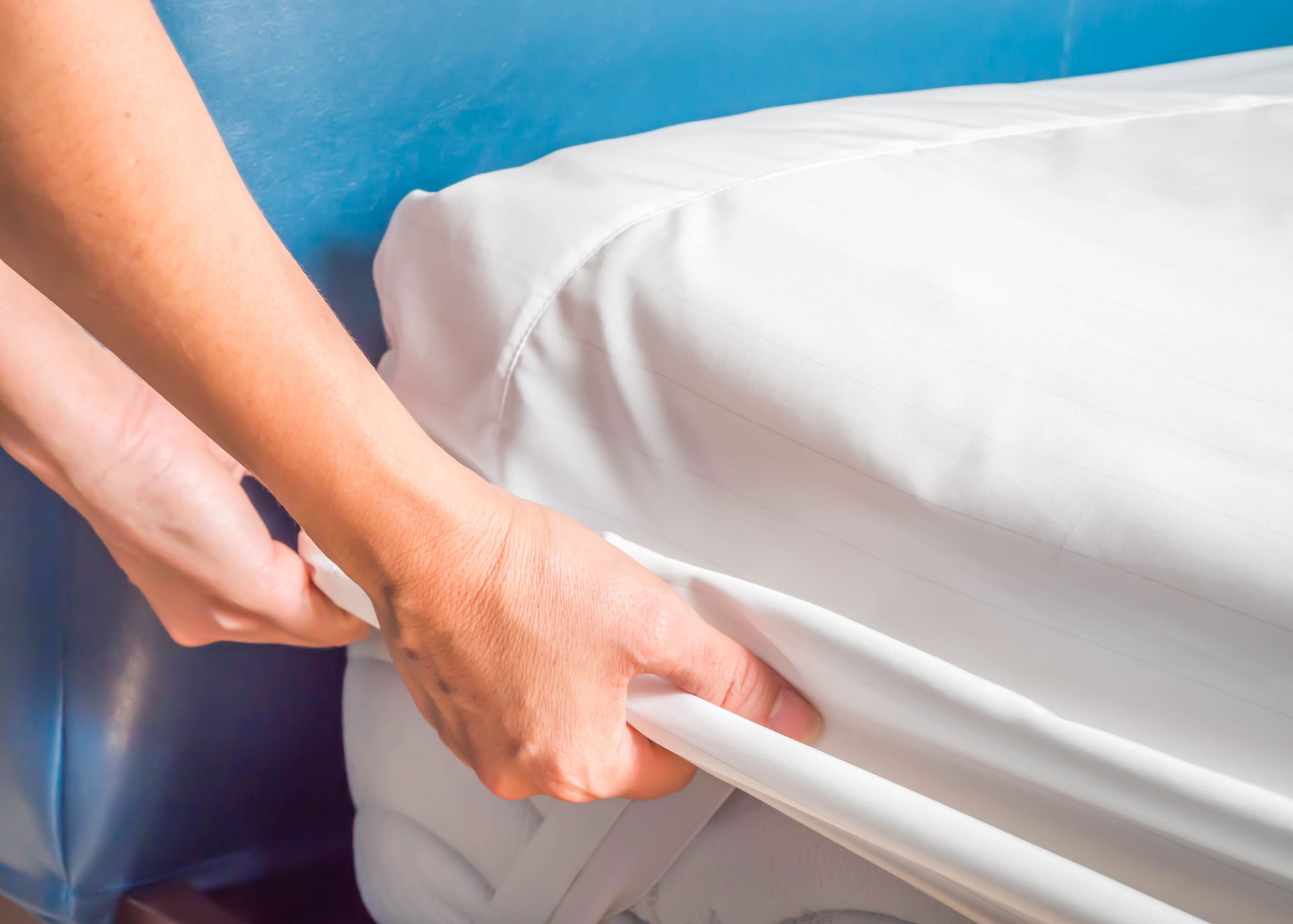Bed Bugs In Hotels: An Action Plan
With the increase in global travel, bed bugs in hotels have become a more frequent problem for travelers. The presence of bed bugs in hotels can cause physical and emotional distress, leading to costly health issues and potential lawsuits. Bed bug infestations have been on the rise over the past decade due to increased international travel and globalization, as well as changes in pest control methods. Hoteliers should be aware of bed bug infestation risks and prevent them. By understanding the signs of bed bug activity, being proactive about prevention measures, and responding quickly when necessary, hotel managers can protect their customers from unnecessary suffering due to these pesky pests.
What exactly are bed bugs?
Bed bugs are small, parasitic insects that feed on human blood. Found in a variety of environments, they can go undetected for long periods of time, often living on mattresses and furniture. They hide well, making them difficult to spot and eradicate. While bed bugs can be brought into your home from any location, they are particularly common in hotels. The presence of bed bugs in hotels is becoming increasingly widespread, due to the ease with which these tiny creatures can travel between rooms and floors via plumbing systems and ventilation ducts. Additionally, their nocturnal habits allow them to remain hidden during the day; if there are bed bugs in hotels, an unsuspecting guest can spend multiple nights without noticing them. Bed bug bites appear as red welts which can be extremely itchy and uncomfortable; however, some people may not experience any reaction beyond slight irritation due to individualdifferences in sensitivity.
Common signs of bed bugs in hotels
Bed bugs in hotels are notoriously elusive and difficult to detect, as they generally hide during the day. However, there are some tell-tale signs to look for when identifying whether or not bed bugs are present in a hotel room. The most common indicator of bed bug presence is the physical sighting of live bed bugs or their shed skins. Bed bugs dwell onmattresses, box springs, headboards, and occasionally on couches and chairs. They may also leave behind small spots of blood or feces on sheets and other surfaces in a room. Another sign of potential infestation to know is an unpleasant musty odor in certain areas of the hotel room. Additionally, bites on one's skin are often indicative of bed bug infestation. When travelling it is essential to be vigilant about inspecting for bed bugs in hotel rooms.
Prevention strategies for bed bugs in hotels
Bed bugs in hotels are a serious issue that needs to be addressed. Preventative measures can reduce bed bug infestations and ensure a safe and comfortable stay. This includes regularly examining mattresses and furniture for physical evidence such as eggs, cast skins, or black fecal spots. In addition, it is imperative to inspect any cracks or gaps in the flooring and around window frames. Another key prevention strategy for hotels involves installing preventative products such as encasements and interceptors to reduce the risk of infestation. Enclosing mattresses and box springs with specially designed covers will create a physical barrier that prevents bed bugs from entering or leaving the mattress surface. Traps placed under furniture legs will trap any pests trying to climb up onto beds or furniture. Chemical treatments can provide additional support when applied in conjunction with these preventative products and regular inspections. By using a combination of chemical treatments, proactive monitoring, and preventative products like encasements and interceptors, hotels can greatly reduce their chances of dealing with an infestation issue.
Treatment methods for bed bugs in hotels
When it comes to treatment methods for bed bugs in hotels, there are many options available. The first is chemical treatments, which involve insecticides, either applied directly to the contaminated area or as a spray around the room. Another option is heat treatments, which involve raising the temperature in an infested room to at least 120°F for several hours. The third option is cryotherapy or cold treatments, which involve applying a freeze-drying agent to an infested room. Finally, there are physical removal methods such as vacuuming, steaming, and using sticky traps that can help remove existing bugs from a hotel room. No matter which treatment method is chosen, it's imperative to remember that all methods should be combined with proper housekeeping practices.
Long-term solutions
Bed bugs can be treated immediately, but long-term solutions are needed to prevent future infestations. Professional pest control companies must be contacted to ensure the problem is properly addressed and eliminated. Additionally, the hotel industry provides safe and secure environments for travelers. Hotels must safeguard their guests from potential infestations, as well as provide information about how to protect oneself when staying in a hotel. Hotels may employ various strategies to prevent bed bug outbreaks within their establishments. Housekeeping staff should routinely inspect all beds and linens for signs of bed bug activity such as dark spots on mattresses or sheets. In addition, they should vacuum upholstered furniture regularly and check behind headboards and dressers for bed bugs. Hotels should also provide guests with plastic luggage covers so they can safely store their belongings during their stay without fear of contamination. Finally, hotels should educate staff on proper detection methods and procedures for dealing with suspected bed bugs in hotels promptly.
If you find bed bugs in hotels, contact our expert technicians for help
Bed bugs in hotels pose a severe threat; however, with knowledge of their common indicators of the presence and proper preventative measures, hotel owners can successfully combat this challenging pest. By taking action quickly when necessary, hotels can provide guests with peace of mind knowing they are staying in a clean and safe environment free from these unwanted pests. Call our expert network today for reliable and efficient
bed bug exterminators!
